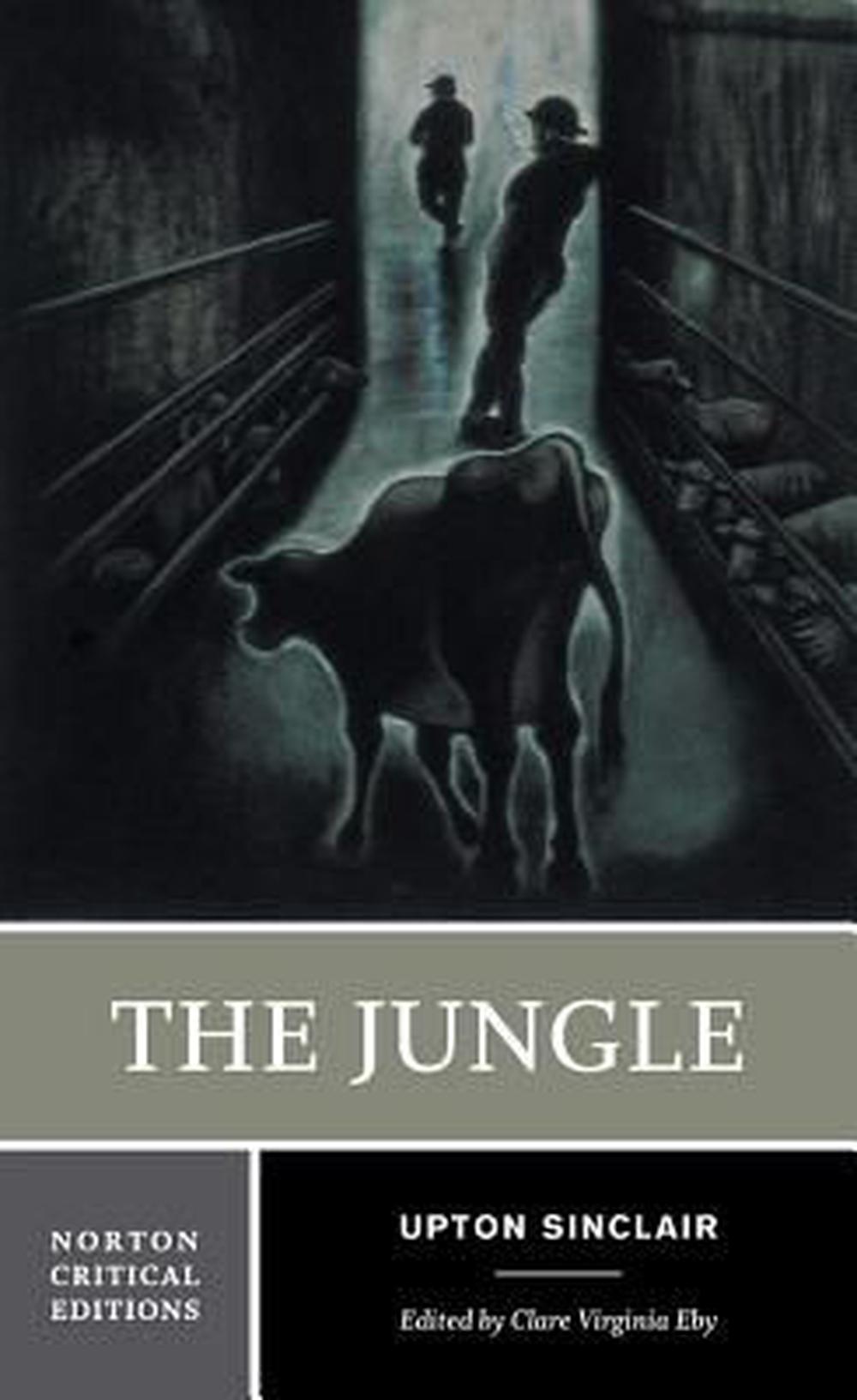


However, with the help of an old Lithuanian neighbor, they discover several unexpected expenses in the contract that they must pay every month on time, or else face eviction-the fate of most home buyers in the neighborhood. While they discover at the showing that the neighborhood is unkempt and the house doesn't live up to the advertisement, they are taken in by the slickness and fluent Lithuanian of the real estate agent and sign a contract for the house. The women of the family answer an ad for a four-room house Ona, who came from an educated background, figures that they could easily afford it with the jobs that Jurgis, proud Marija, and ambitious Jonas have gotten. He is swiftly hired by a meatpacking factory he marvels at its efficiency, even while witnessing the cruel treatment of the animals. Young and strong, he believes that he is immune to the misfortunes that have befallen others in the crowd. They have heard that America offers freedom and higher wages and have come to pursue the American Dream.ĭespite having lost much of their savings being conned on the trip to Chicago, and then having to pay for the wedding-and despite the disappointment of arriving at a crowded boarding house-Jurgis is initially optimistic about his prospects in Chicago. They and their extended family have recently immigrated to Chicago due to financial hardship in Lithuania (then part of the Russian Empire).

Jurgis Rudkus marries his fifteen-year-old sweetheart, Ona Lukoszaite, in a joyous traditional Lithuanian wedding feast. He first published the novel in serial form in 1905 in the newspaper, and it was published as a book by Doubleday in 1906.Ĭhapter 9, of the Jungle, novel by Upton Sinclair, describing corruption in the Gilded Age In 1904, Sinclair had spent seven weeks gathering information while working incognito in the meatpacking plants of the Chicago stockyards for the socialist newspaper Appeal to Reason. Sinclair was considered a muckraker, a journalist who exposed corruption in government and business. A review by the writer Jack London called it "the Uncle Tom's Cabin of wage slavery." These elements are contrasted with the deeply rooted corruption of people in power. The book depicts working-class poverty, lack of social supports, harsh and unpleasant living and working conditions, and hopelessness among many workers. However, most readers were more concerned with several passages exposing health violations and unsanitary practices in the American meat-packing industry during the early 20th century, which greatly contributed to a public outcry that led to reforms including the Meat Inspection Act. Sinclair's primary purpose in describing the meat industry and its working conditions was to advance socialism in the United States. The Jungle is a 1906 work of narrative fiction by American muckraker novelist Upton Sinclair.


 0 kommentar(er)
0 kommentar(er)
